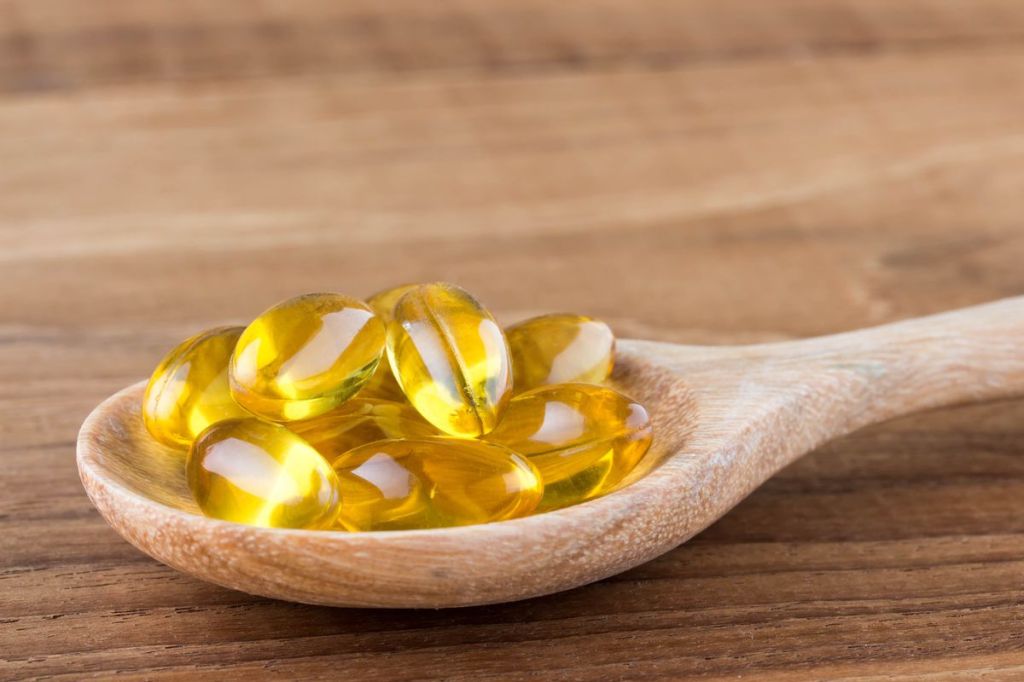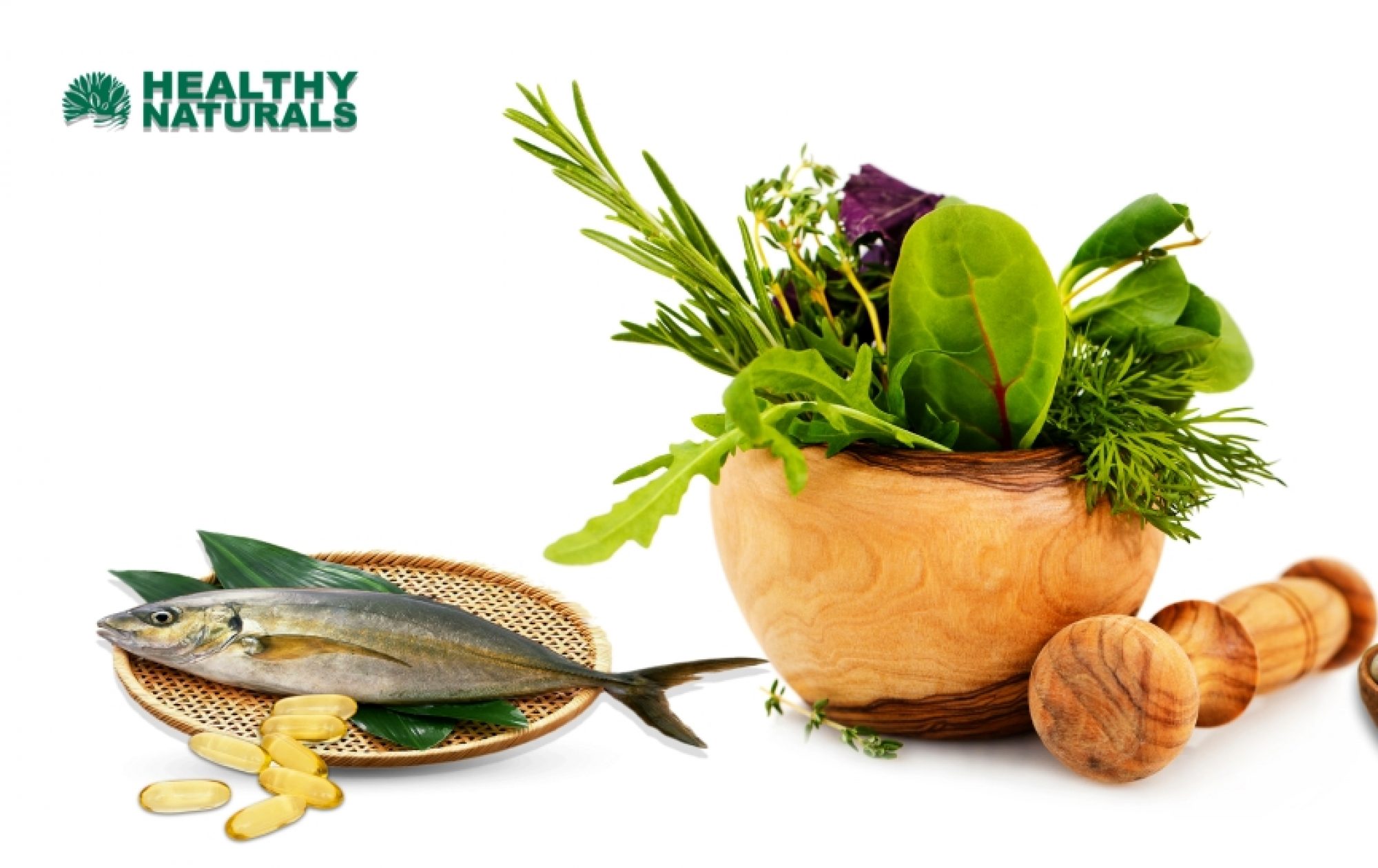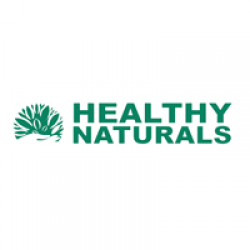Omega-3 fatty acids are a crucial part of a person’s nutrition and contribute to the essential health of all cells within the body. the general public gets enough omega-3 fatty acids in their diet to realize this. The richest source of omega-3 fatty acids is fish and it is found in research that eating more fish can help reduce the risk of individuals being affected by cardiovascular illnesses. Moreover, you can take Fish oil supplements to get similar health benefits.
While some studies show the benefits of consuming enough ALA from plant-based sources in boosting DHA and EPA within the blood. Usually, fatty fishes are highly preferred to fulfill the requirement of omega 3, but for vegetarians, there is a huge variety to choose from. let’s have a look at the below-mentioned food items especially for vegetarians.

Omega 3 enriched food items
For people who are unable to fulfill that prime quantity, having an omega-3 carboxylic acid supplement handy may be a good way to simply confirm your body is taken care of. Here are some plant-based sources of omega-3 fatty acids that even have a slew of other health benefits.
Flaxseeds and oil
Flaxseeds are one amongst the foremost popular sources of both omega-3 fatty acids and dietary fiber for plant-based eaters! These tiny seeds are a punch of nutrition with 5 grams of protein, 7 grams of dietary fiber, and 6388 mg of omega-3 fatty acids in every 28 grams of flax seeds. This is often to not mention the degree of vitamins and minerals like folate, choline, calcium, magnesium, phosphorus, and potassium.
Along with flaxseeds, linseed oil is another great source of omega-3 fatty acids. As it is obvious that linseed oil may be a more impregnable and rich extraction which suggests there are even more omega-3 fatty acids per serving.
Chia Seeds
Chia seeds don’t seem to be only a staple during a plant-based kitchen, but they’re also an excellent source of omega-3 fatty acids. When introduced to a liquid, these minuscule seeds self-praise with a gelatinous coating making them perfect for plant-based pudding or as an egg-binder-substitute in an exceedingly kind of baking recipe. It consists of omega-3 fatty acids with dietary fiber, protein, and moderate doses of calcium, phosphorus, and potassium.
Walnuts
Nuts, in general, are one among the most effective sources of healthy fat, dietary fiber, protein, vitamins, and minerals, yet when it involves getting your daily dose of these omega-3 fatty acids, you’ll want to specialize in walnuts. One cup full up with chopped walnuts contains omega-3 fatty acids alongside those fatty acids, which are getting a hardy dose of protein, dietary fiber, monounsaturated fat, and saturated fat. Plus a slew of vitamins and minerals like primarily fat-soluble vitamins, choline, calcium, magnesium, phosphorus, and potassium.
Soybeans
While soybeans are the foremost plentiful source of omega-3 fatty acids, they do contain a modest amount. For one cup of cooked soybeans, you get enough omega-3 fatty acids for a healthy body. A cup of cooked soybeans offers protein, dietary fiber, and vitamins, A, C, and folate and minerals calcium, iron, magnesium, phosphorus, and potassium.
After knowing the benefits of Omega-3 fatty acids, it’s probably a decent idea to find out more about getting these nutrients in your diet! Plus, what about the opposite omega fatty acids? Furthermore, what about healthy fat all-around in an exceedingly well-balanced plant-based diet?
In order to get the answers to the above question, I would suggest you take a step ahead towards focusing on your diet and take health and fitness supplements under the direction of your dietician. To know more related to health, visit the website of Healthy Naturals, also check out the dietary supplements.

